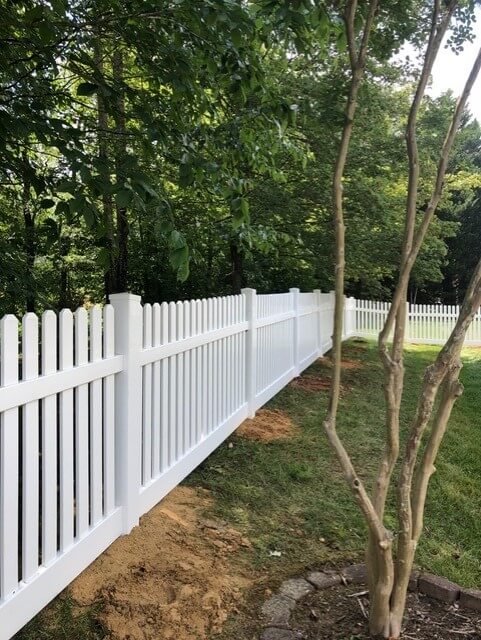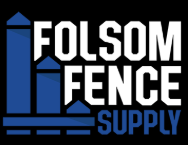One of the advantages of owning a vinyl fence, as opposed to a wooden picket fence is that they are pretty much impervious to weather. Where wood can be severely damaged by the elements, vinyl will retain its good looks for years on end. It’s common for wood to suffer from warping, cracking, and splintering, especially when it is not treated and given the proper maintenance. However, even with vinyl’s outstanding reputation, it is still affected by weather temperature changes.

While it’s true that the vinyl fencing is durable, there are not many things on earth that are not affected by the heat and the cold. When vinyl fences are measured precisely for their installation, there is not much room for its changing, or adjusting naturally. The one issue that occurs is that the different components of a vinyl fence will be measured in a certain weather temperature. When the seasons change and the temperatures change drastically, it will cause the vinyl to either expand or contract.
In the cold winters, the vinyl will contract and slightly change the properties of the vinyl fence. And on the other end, during the warm summer, the vinyl fence will expand. This will cause the same type of compromise in the fence structure. Ultimately, the fence is not as secure as it’s measurements and installation meant it to be. Contracting in the cold causes the joints of the fence to become spaced too tightly. Expanding in the summer will cause joints to expand.
These are good reasons why you might want to install your vinyl fencing in the spring or fall, because the impact of the weather change will be less dramatic. It’s always a good idea to use a professional vinyl fence installation. They will be experienced in exactly how the weather will affect your fencing, and know how to adjust. Contact us at Diversified Fence Builders at (336) 510-5561 for any of your fencing needs.

